Have you ever passed by a plane’s cockpit and overheard pilots conversing? Chances are, you probably didn’t understand most of what you heard. That’s because pilot slang can sound like a different language!
Borne out of the need for efficient communication over inconsistent radio transmission, many terms are derived from military language and standardised by the Air Force. Other terms are specific to commercial aircraft operations. As these phrases are derived from English, they can often sound like gibberish.
If you’re looking to decipher airline pilot lingo, we’ve got you covered! Here are some pilot slang words and what they mean.
Also read: Real-Life Flight Attendants Share Their Top Pet Peeves About Fliers
Pilot slang words worth knowing about
1. Feet wet
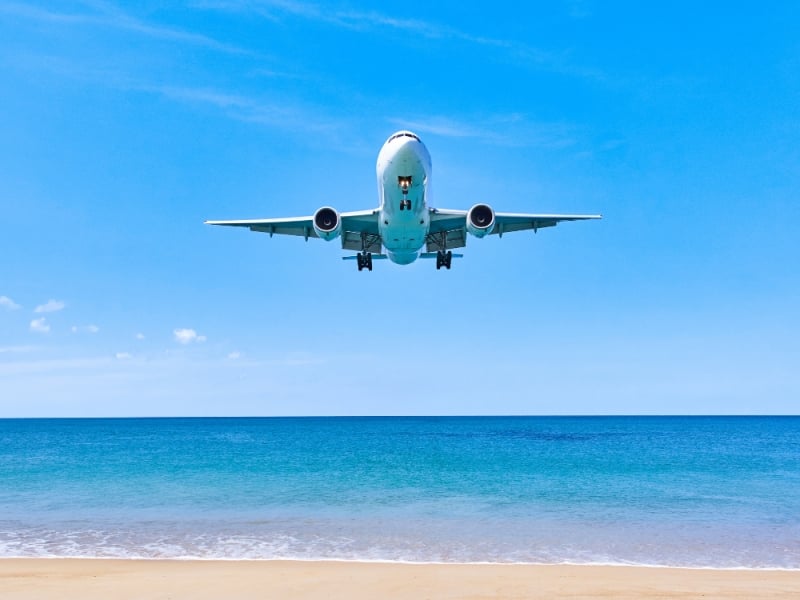
Image credit: AlexeyPelikh via Canva Pro
According to Tom Haines, a private pilot, the phrase “feet wet” is used to alert air traffic controllers when a military aircraft flies over water. As such, in the event of an emergency, these traffic controllers can deploy the appropriate rescue vessels. Once the plane has crossed the shore and resumed flying over land, the pilot will call in to report that they’re “feet dry.”
2. Zulu time
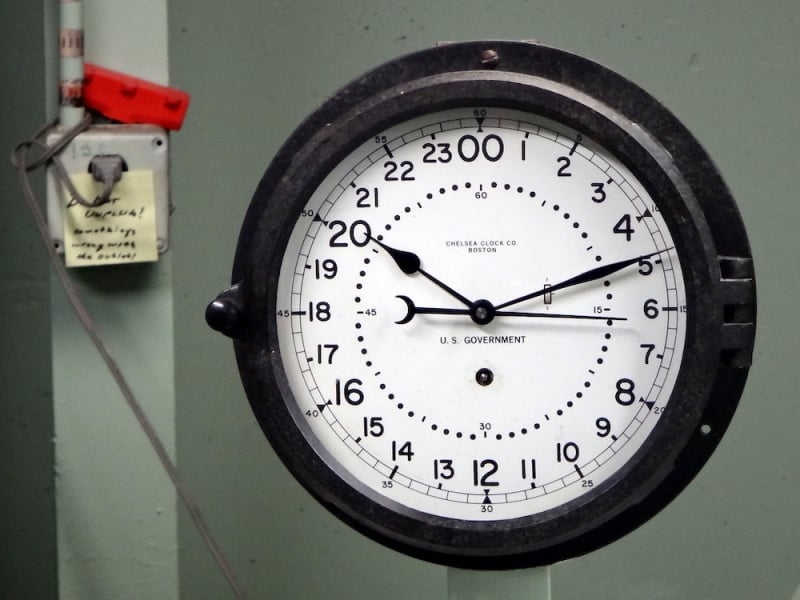
Image credit: Erik Wilde
As pilots pass through multiple time zones in a single trip, communicating with air traffic controllers around the world can be somewhat of a challenge. Thus, aviators follow “Zulu time” or Greenwich Mean Time as the universal time zone of the skies.
This pilot slang word has an interesting genealogy! It comes from the term “zero hour.” “Zero” starts with a “Z,” which is also “Zulu” in the ICAO phonetic alphabet (we’ll talk more about this later). However, to avoid confusion among passengers, pilots refer to the destination’s time zone when broadcasting over the intercom.
3. George
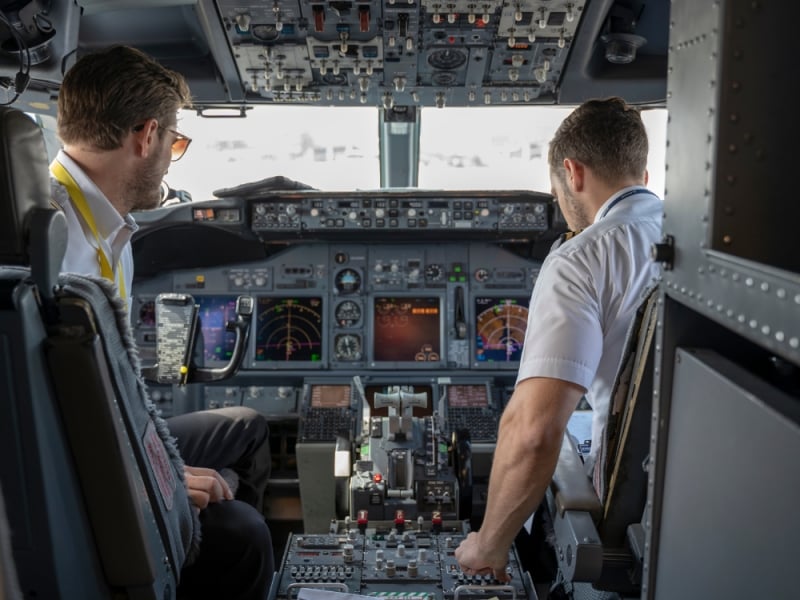
Image credit: Rafael Cosquiere via Canva Pro
If you ever overhear the phrase “George is flying the plane now,” don’t be alarmed! “George” isn’t the name of a random man that decided to take over the captain’s piloting duties. Instead, it is pilot lingo for the plane’s autopilot system.
The figurative “George” is deployed to take over the plane when it reaches a cruising altitude. “George” is also used when pilots are required to rest after flying for over 10 hours as per FAA regulations for two-pilot planes.
4. Roger
Keeping with the theme of airline pilot lingo that resembles men’s names, “roger” is the next word on our list. Contrary to how it’s used in Hollywood, “roger” does not mean “yes.” Instead, this pilot slang simply means “received” or “I heard you.”
5. Black box
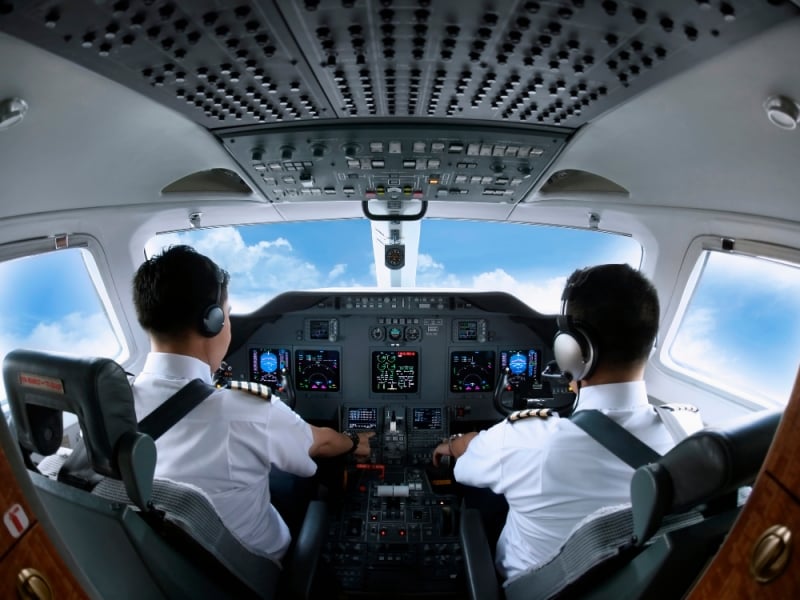
Image credit: DAPA Images via Canva Pro
Despite what its name suggests, the current “black box” isn’t really black. Neither is it a single box. It refers to the flight data and cockpit voice recorders that run records of systems and pilot communications throughout the flight.
However, the first “black box” was indeed a single black box used to record the performance of test flights for Allied fighters in 1942 during World War II.
Also read: 11 Bad Words in Japanese to Avoid Saying in Public
6. Deadhead
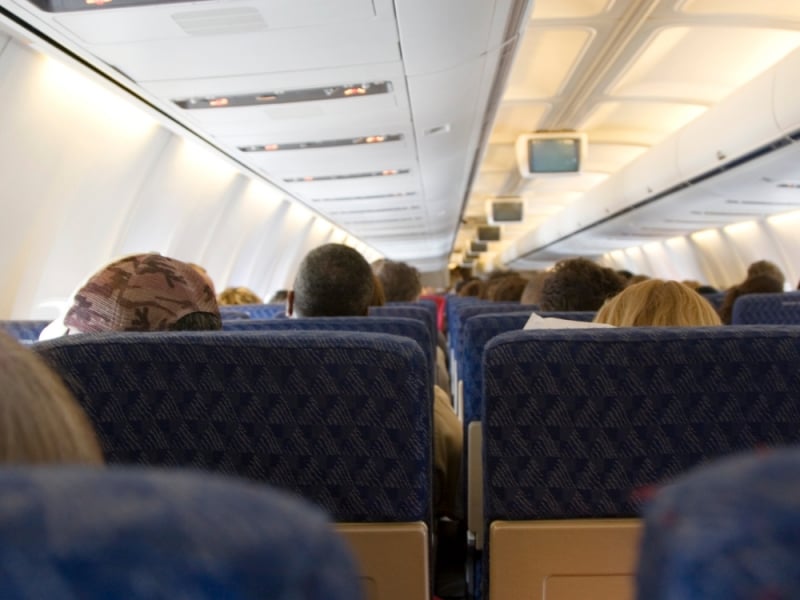
Image credit: MCCAIG via Canva Pro
The pilot slang “deadheads” refer to off-duty pilots or flight crew who board a commercial flight as passengers. “Deadheading” is fairly common in aircraft operations. For example, if a flight crew lands at their destination but their next shift requires them to depart from a different airport, they can hitchhike on another flight as long as there are available seats!
7. The ICAO phonetic alphabet
You’ve probably heard this in war movies! Rather than the typical “A, B, C…”, this alphabet system assigns code words to each letter of the alphabet. The 26 code words are as follows: Alfa, Bravo, Charlie, Delta, Echo, Foxtrot, Golf, Hotel, India, Juliett, Kilo, Lima, Mike, November, Oscar, Papa, Quebec, Romeo, Sierra, Tango, Uniform, Victor, Whiskey, X-ray, Yankee, Zulu. Used in military language, it has since made its way into airline pilot lingo.
The phonetic alphabet eliminates the ambiguity of spoken communication, accounting for regional variance and accents. This is especially the case for letters like “V” and “B”, and “M” and “N” which often sound similar. This alphabet system also goes by other names, including NATO phonetic alphabet and Radiotelephony Spelling Alphabet.
8. Pan-pan

Image credit: Tookapic via Canva Pro
Despite sounding relatively harmless, “pan-pan” is used when pilots notice something unusual with their aircraft. Although not quite signalling an immediate emergency, it signifies urgency and attention. For example, if one engine in a multi-engine aircraft fails, pilots will use “pan-pan” to request the immediate attention of air traffic controllers.
9. Mayday
Not to be confused with the Taiwanese band, “mayday” is an emergency procedure word used as a distress signal in radio communications. Originating in 1923, the word was used for flights over the English Channel between England and France. It comes from the French phrase “m’aidez” or “m’aider” which directly translates to “help me.”
10. Souls
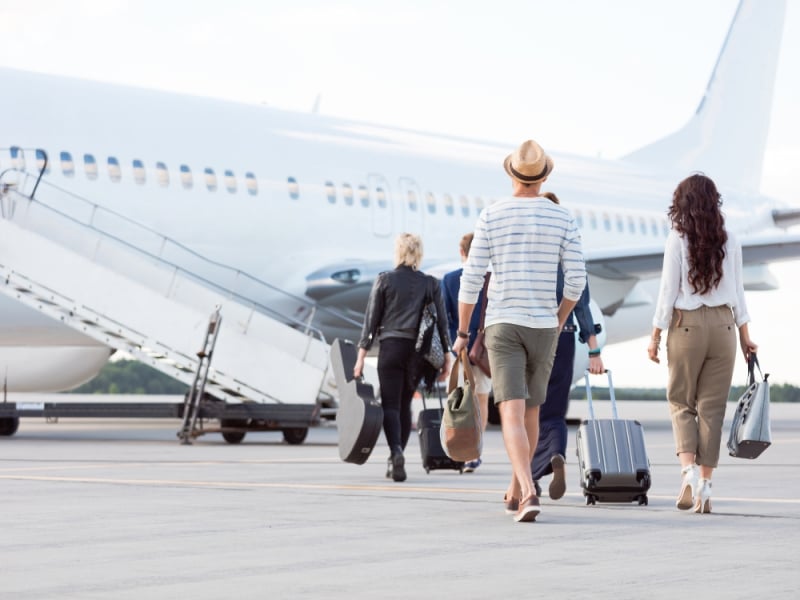
Image credit: izusek via Canva Pro
The number of “souls” on an aircraft refers to the number of living bodies on a plane. This includes passengers, pilots, flight attendants, and crew members. In the event of an emergency, pilots will report the number of “souls” on board, so rescuers will know the number of people to search for.
Also read: 11 Korean Curse Words and Phrases We Often Hear in Korean Dramas
And that concludes our list of pilot slang words and the meaning behind them. The next time you manage to eavesdrop on a conversation between crew members, you’ll know exactly what they’re talking about!
Featured image credit: Thomas_EyeDesign via Canva Pro




